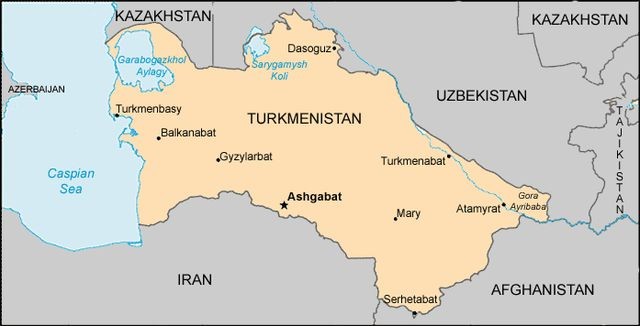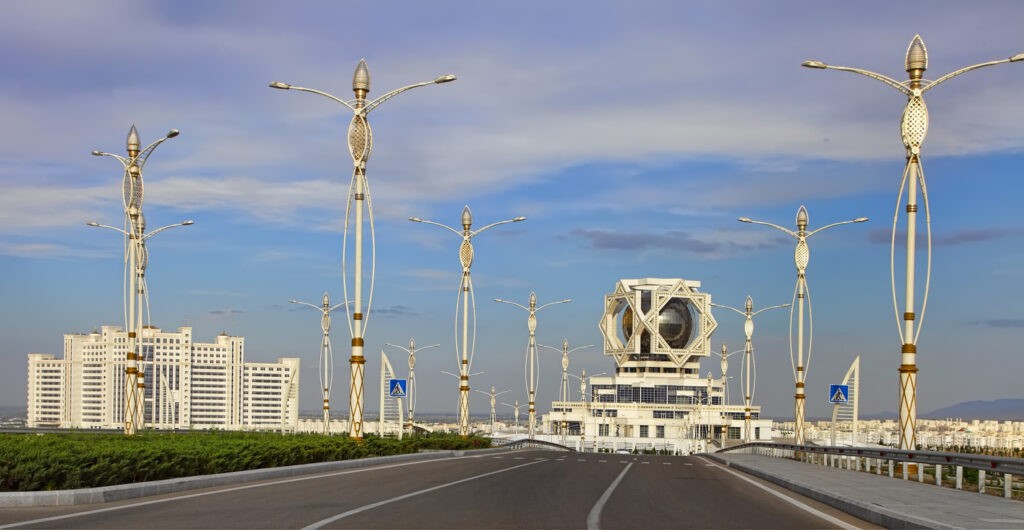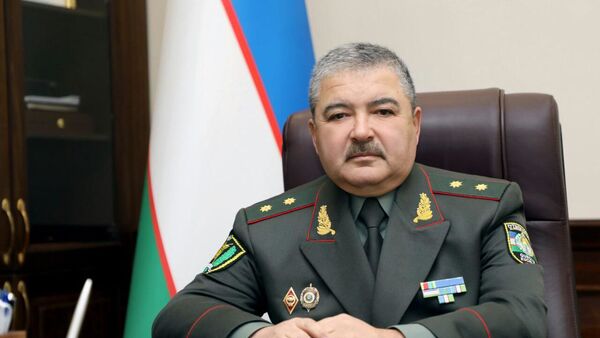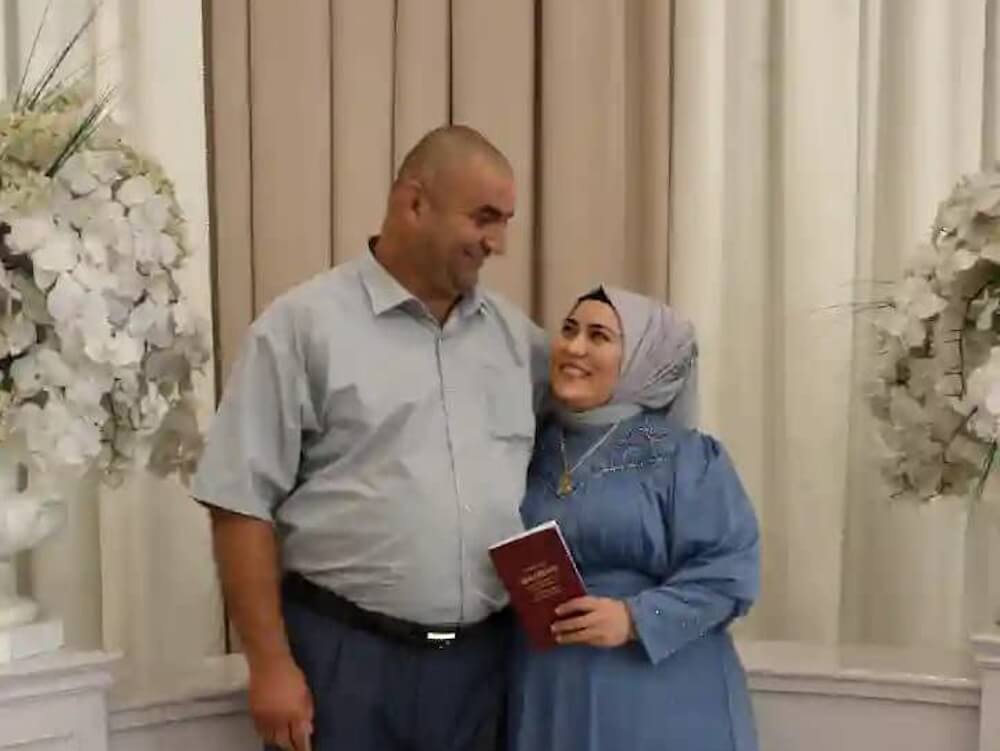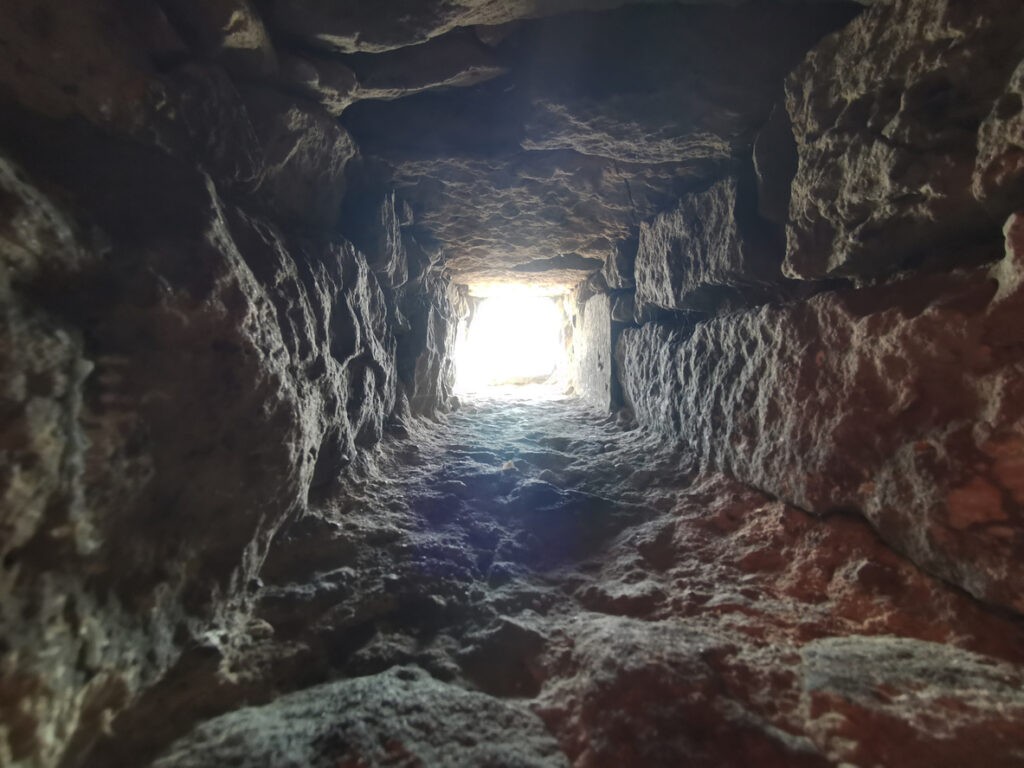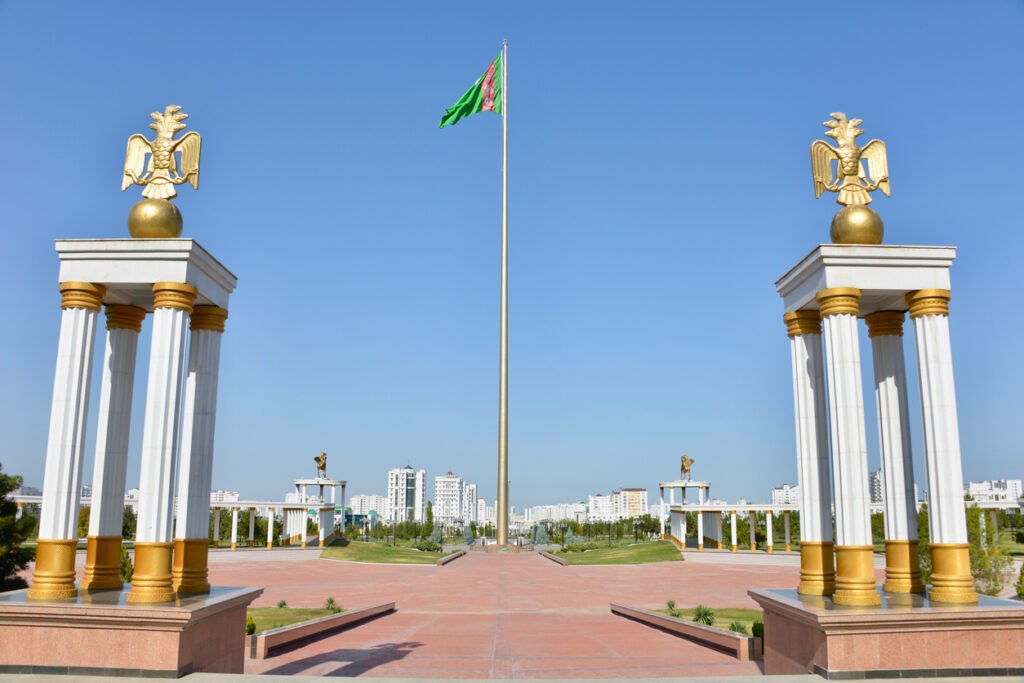ASHGABAT (TCA) — On 14-16 August, the OSCE Mobile Training Team delivered an interactive course on identifying foreign terrorist fighters for officers of Turkmenistan’s border and migration services in Ashgabat. The deployment of the Training Team was organized by the Border Security and Management Unit of the OSCE Transnational Threats Department, with the support of the OSCE Centre in Ashgabat and in close cooperation with the host country.
Eighteen officers from border and migration services of Turkmenistan, including one female officer from the aviation security service, took part in the event. They were trained on regional and national legal frameworks, the effective use of Interpol databases, risk analysis and management in the identification of potential foreign terrorist fighters at borders, in compliance with international human rights standards.
“Identification, current location and flow of returning foreign terrorist fighters remain an absolutely critical priority for international community nowadays,” said the Officer-in-Charge at the OSCE Centre in Ashgabat, Natasa Rasic. “To better detect foreign terrorist fighters we need to improve border screening, check passenger data, collect biometrics, and share information. We hope that the course helped the trainees to learn techniques that will enable them to quickly identify suspects and criminals on their daily duties in border security, law enforcement and immigration.”
The importance of risk analysis models applied to identify potential foreign terrorist fighters at the borders, as well as trends and current cases were discussed during the course. Participants also engaged in practical exercises on the detection of forged documents and impostors. Interactive exercises to deepen their understanding of behavioral indicators of foreign terrorist fighters were also part of the training. The participants received eighteen magnifiers to use for identifying forged documents.
Sessions were conducted by members of the OSCE Mobile Training Team from the former Yugoslav Republic of Macedonia, Georgia, Romania and Ukraine as well as experts from INTERPOL, the United States of America and the OSCE.
